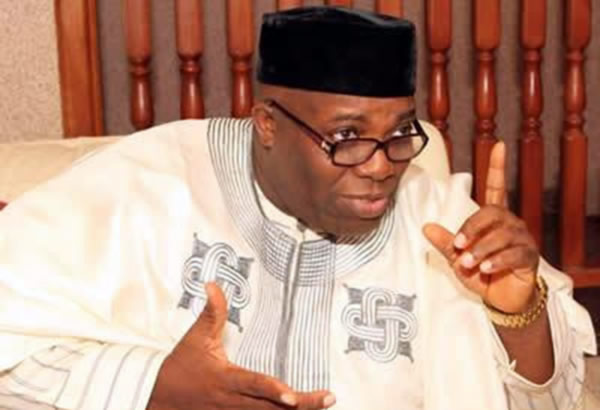Dr. Doyin Okupe, the former Director-General of the Presidential Campaign Organisation of the Labour Party, has revealed that his relationship with the party's 2023 presidential candidate, Peter Obi, ended immediately after President Bola Tinubu's victory. Okupe clarified that he and Obi had agreed beforehand that he would not accept any political appointment from Obi, should he have won the election.
Speaking to journalists in Lagos on Monday, Okupe responded to criticisms from Obi’s supporters, known as "Obidients," who had attacked him on social media platform X for endorsing Tinubu’s economic recovery plan. He stated that these critics were ignorant of the broader picture, emphasizing that the Nigerian project transcends any individual or political party.
"I supported Peter Obi out of a commitment to patriotism and nationalistic fervor, not because I don’t know who I am in national politics or where I come from," Okupe said. He further explained that his collaboration with Obi was rooted in the belief that the presidency should go to a Southerner, ideally an Igbo man from the South-East. However, with Tinubu’s victory, Okupe believes that the outcome was ordained, and his political alignment with Obi concluded with the Supreme Court’s ruling.
Okupe also defended his stance on the election, dismissing allegations of rigging as unfounded and noting that electoral flaws have been a persistent issue in Nigeria's history. He compared the situation to the U.S., where many Republicans still believe the 2020 election was rigged, yet the country remained intact.
Reflecting on his reasons for supporting Obi, Okupe reiterated that his decision was based on principles of equity and justice. He underscored that his support was not driven by personal gain, revealing that he had used his own resources to fund the campaign, including borrowing money to ensure the success of the South-West zonal campaign.
Okupe urged Obidients to adopt a broader perspective and not be narrow-minded in their political engagements, as he himself was when he was a critic.




